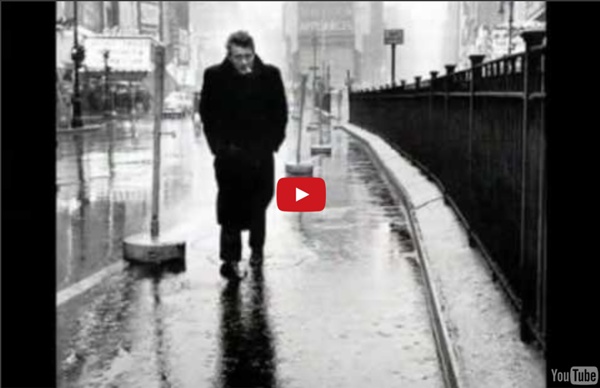Bob Dylan - "Like a Rolling Stone"

Les Beatles, Gainsbourg, Nancy Sinatra… aux débuts des hippies | Ina.fr, le BlogNote
Comment la télévision parlait de musique en 1966 ? Cet été, Rue89 et l’INA exhument concerts, reportages et autres perles cathodiques. Année 1966 : le 29 août, à San Fransisco, les Beatles donnent leur dernier concert entre les grillages. C’est le temps de l’émergence hippie. John Lennon : « Les Beatles sont plus populaires que Jésus » La mauvaise phrase de Lennon fait le tour du monde. « Bang Bang » la fille de Sinatra A l’émission « Paris carrefour du monde », Nancy Sinatra et Billy Strange chantent « Bang Bang ». Manitas de Plata à Montpellier Le jour de la Saint-Sylvestre, le JT de Montpellier retransmet in vivo la guitare de Manitas de Plata. « Les voisins du Bus Palladium se plaignent du bruit » Début janvier, l’excellent magazine « Zoom » nous ponge dans l’univers de la boîte de nuit parisienne Le Bus Palladium… Roulez jeunesse… Comic strip : « Marie mathématique » Et pendant ce temps-là à l’Olympia… Gainsbourg est dans la salle.
Related:
Related:



